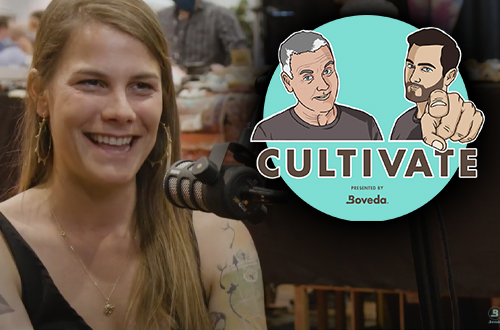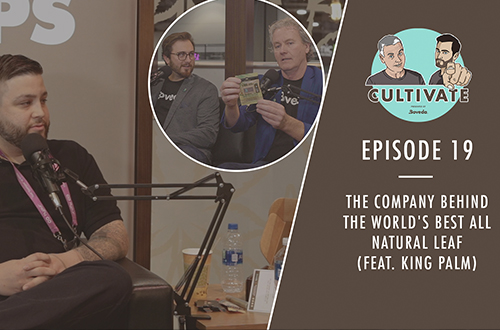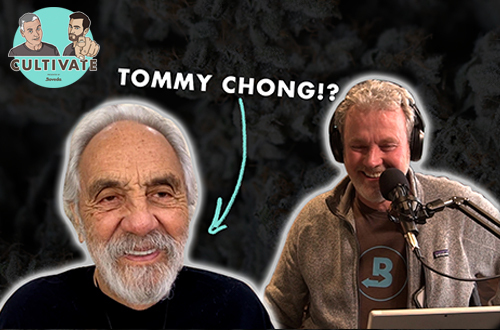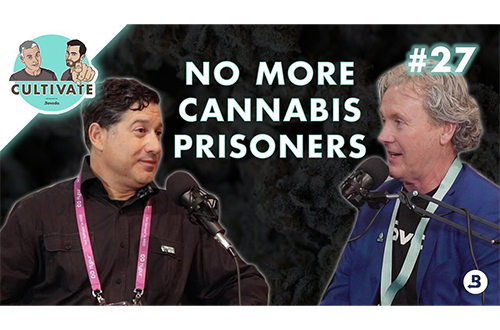Cultivate with Scott Swail & Drew Emmer
How The Green Rush Is Impacting Real Estate, Schools & the Homeless
Let’s not let smear campaigns against legalization win out. Hear what the opponents don’t want you to know. Listen to the positives coming to communities when prohibition is lifted. From awarding college scholarships to rebuilding cities ravaged by crime and homelessness, the cannabis industry is sharing the wealth. And making meaningful impact both socially and financially.
In this episode, the Boveda team tackles the tough questions, including:
- Has legalization ruined Colorado?
- Who benefits from cannabis tax revenue?
- Does large-scale cultivation have a negative impact on the environment?
- What industries are lobbying against legalization?
WHO IS THE MODERN CANNABIS ADVOCATE?
Flower brings people of varied backgrounds together for a common cause, which is evident in this episode’s crew. Watch Cultivate’s guests, Benjamin Patock and Lance Lambert offer diverse perspectives on Boveda’s ever-growing herbal movement.
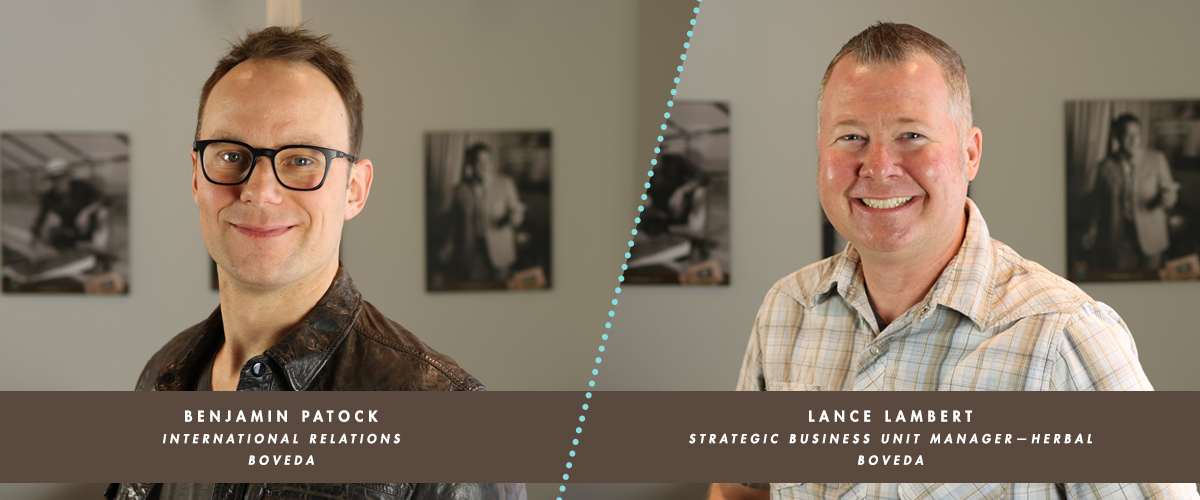
WAIT, THAT LANCE LAMBERT GUY LOOKS FAMILIAR
Lance Lambert has been around the cannabis space almost as long as legal rec has been a reality. With degrees in criminal and administrative justice, he never thought he’d journey to the green side.
After Colorado legalized marijuana, however, new opportunities opened up. In 2014, Lance joined The Cannabist to direct digital operations for the industry website, which is owned by The Denver Post. He also ran media operations for some of the world’s largest cannabis news sites, including Weedmaps and Marijuana. Lance is also a well-known advocate for cannabis legalization and education.
ISN’T BENJAMIN PATOCK A CIGAR GUY?
Benjamin is a cigar industry pro, so he knows the ins and outs of maneuvering a highly regulated industry. He launched Noblego, a Berlin-based online marketplace for premium cigars and cigar accessories, including Boveda. In 2017, Benjamin joined Boveda. His international business experience will help Boveda reach beyond the U.S. and Canadian cannabis markets. After all, cannabis patients around the globe have dry flower, too, you know.
Did you know people in Spain humidify buds with orange peels but in Germany they use apple peels and carrots? Needless to say those methods are neither safe nor precise, so Benjamin’s got some work to do.
But enough about Benjamin and Lance, let’s talk flower.
CANNABIS IS GOOD BUSINESS
More companies outside the industry are jumping on the flower bandwagon. Many big brands target enthusiasts annually through 4/20 social media campaigns.
Food brands like Totino’s® and Taco Bell® reached out to the high and hungry audience for the herbal holiday. (Others like Hot Pockets® chose to ignore the occasion.) Forward-thinking, 420-friendly companies see the holiday as an opportunity rather than a social problem.
MODERN CONSUMERS CHOOSE BUDS OVER BUD
In legal rec states, more people are picking cannabis over alcohol as a recreational substance. Why? Could be frustration with alcohol’s side effects.
“Quite honestly, I don’t have time for alcohol,” Lance said. “I don’t have time for the lack of sleep or hangovers. With cannabis, that just doesn’t exist. And cannabis is actually helping my body.”
The alcohol industry feels threatened—and for good reason. Lance noted that in states where herbal use for adults is legal, there’s been as much as a 15% drop in alcohol sales. Not only is cannabis a safer substance for recreation, flower is also a medicinal product.
WHO STILL OPPOSES CANNABIS?
For all the progress made by the industry in the last decade, the flower movement still has enemies—and that list is growing. The alcohol and tobacco industries are worried that they’ll be replaced if cannabis legalization continues. They’re doing everything they can to fight legal rec initiatives.
And “garden variety” opponents still exist. Every anti-flower tweet and false gateway drug post may not be a direct threat to the industry, but spreading fake truths has a negative effect on normalizing the plant.

One of Drew’s acquaintances offhandedly said the industry was “ruining Colorado.” (Actually adolescent use is down, violent crime is down and property values are soaring in cities where dispensaries are open for business.)
Many opponents also cite cannabis’s negative impact on the environment. “Grapes do more damage, believe it or not!” Lance said.
The truth is a huge number of cultivators are committed to sustainable farming practices. Many growers are developing earth friendlier agricultural technologies. Drew met several at the 2017 Emerald Cup, an annual harvest gathering in Northern California.
Plus legalization requires those in the biz to quantify sales and operations. As data continue to prove legal rec is profitable for and beneficial to states, perceptions about flower will change for the good. It’s a luxury the European cannabis markets don’t have.
“When it’s in the black market, as it is in Europe, you basically don’t know anything about the numbers,” Benjamin said.
HOW CANNABIS REVENUE IS IMPROVING COMMUNITIES
Money is being made in this industry, but it’s not just staying at the top. This newly legal revenue stream is being poured back into communities in several exciting ways.
In Colorado, tax revenue from flower is giving a boost to school budgets. School districts everywhere are cutting funding for teachers, social workers and student-centered services. Cannabis taxes are giving schools a fighting chance to keep up with rising costs.
In Pueblo County, Colorado, a $1,000 scholarship awaited each high school graduate who planned to attend one of Pueblo’s two public post-secondary schools in fall of 2017. The $425,000 scholarship funds were courtesy of cannabis excise tax revenue.
It’s not just education benefiting from flower money. Tax dollars are flowing to support other programs and services, including helping the homeless. Colorado leads the way having donated $250,000 to complete a massive services center in Denver. Another $900,00 was used to renovate an old gym into the Aurora Day Center to give the homeless a place to go during the day.

If you live in a legalized state, you’ll soon see the positive impact it brings—even if you never use this healing plant.
TURN TO TRUSTED SOURCES
Educate yourself:
- Seek out trusted online resources, like Leafly, HelloMD and the Cannabist
- Talk to budtenders at local dispensaries

Roni Stetter is a professional in the cannabis industry who has been touched personally by the plant. She has used it as part of a healthy pain management routine since 2010, and since that day has worked hard to educate the world about the positive physical, mental and societal effects of legalized cannabis.





